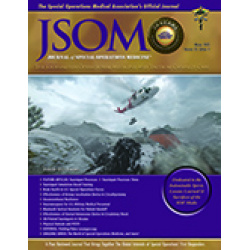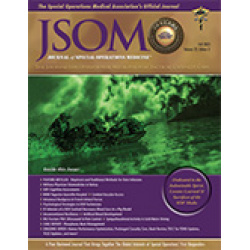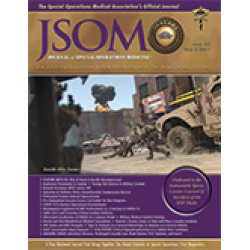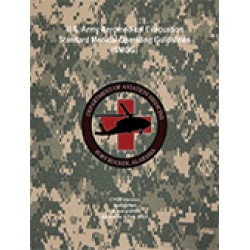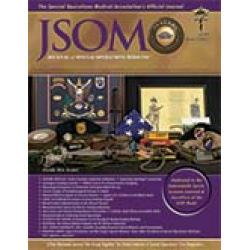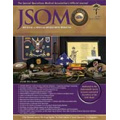Latest Products
Limb Tourniquet Holding Location: Model Results Fail to Translate to Human Results
21(3). 30 - 35 (Journal Article)
Background: During strap pulling, how limb tourniquet sliding is prevented affects secured pressure achievement. Data from model setups indicated moving the Tactical Ratcheting Medical Tourniquet (Tac RMT; m2 inc.) holding loop location could be advantageous regarding strap-pulling pressure achievement. Methods: Self- and buddy-strap pull applications to the arm and mid-thigh were done with the commercially available Tac RMT with the holding loop adjacent to the strap redirect buckle (NEAR) and with a modified Tac RMT with the holding loop moved to the far end of the toothed ladder from the redirect (FAR). Arm applications had the strap redirect buckle on the lateral aspect of the arm. Thigh applications had the strap redirect buckle on the lateral aspect and included applications with the strap's free end pulled downward and applications with the strap free end pulled upward. Buddy- arm and thigh pull-upward applications with FAR allowed a nonstandard technique of including thumb assistance of the strap into the redirect. Results: With standard technique, five of six pairs had lower FAR secured pressures (median difference, 16mmHg). When thumb assistance was used, four of five NEAR-FAR pairs had higher FAR secured pressures (median difference, 40mmHg). The thumb strap feeding technique was neither simple nor obvious. Conclusions: Moving the holding loop location is unlikely to be advantageous for Tac RMT actual applications. Model setup findings need to be checked with applications by humans to humans.


 Español
Español 